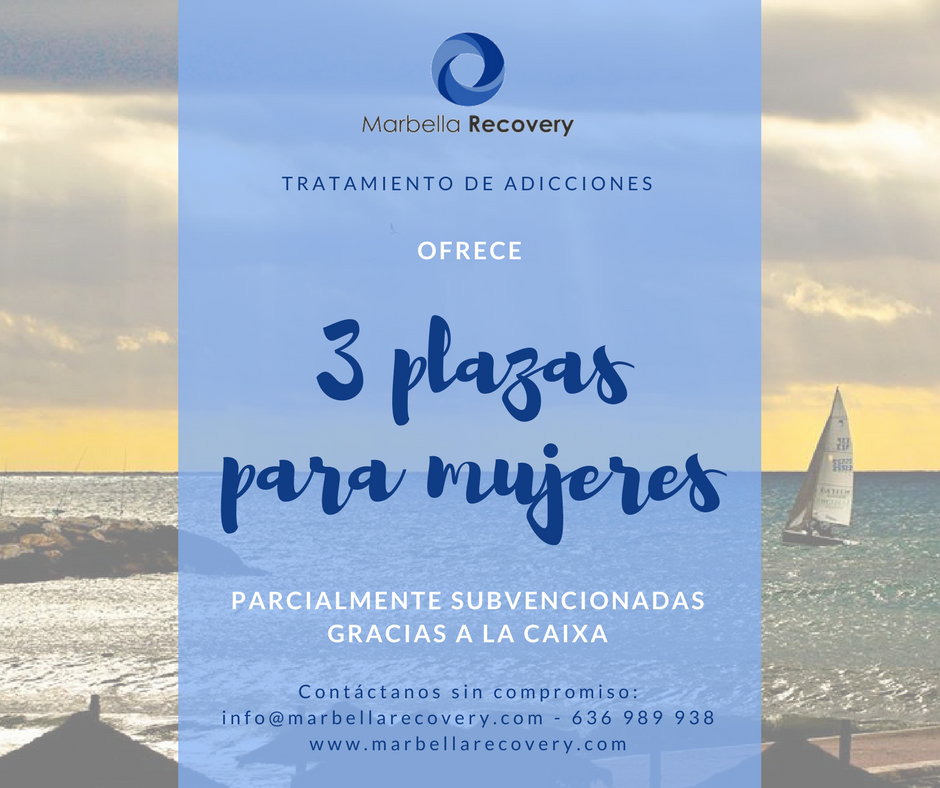Marijuana in Young People
As marijuana becomes either legalised in some countries or more easily available there are increasing concerns the harmful effects of marijuana addiction, especially on young people and the developing brain. Statistics show that in recent years there has been an increase in the number of teenagers and adolescents becoming addicted to marijuana and subsequently seeking help related to their addiction.
Statistics
Marijuana use is highest amongst adolescents than any other age group and boys tend to use it more commonly than girls. It is thought that of all the people who use marijuana around 9% become hooked and the younger the age the more dramatically this figure increases. The risk of marijuana addiction also increases substantially in people who use marijuana on a daily basis.
Health Risks
Withdrawal from marijuana use can include signs such as irritability, insomnia, a reduced appetite, anxiety and cravings. These are relatively mild when compared to other illegal drugs but the longer lasting effects can have a huge impact. Adolescents who use marijuana on a daily basis generally function at a lower intellectual level than their peers and this can have an effect on their achievement levels in the short and long run, affecting their ability to fulfil any goals they may have. Marijuana use can also affect brain development and thus cause a reduction in IQ.
In addition to this several studies have shown that adolescents which are addicted to marijuana are more likely to move onto use other illegal drugs and/or attempt to commit suicide. Physical effects of marijuana use can include lung and heart disease, a increase of the risk of testicular cancer and also subsequent psychiatric illness such as schizophrenia.
How Marijuana Addiction Affects the Brain
Over the last 20 years the concentrations of tetrahydrocannabinol (THC) the chemical principally responsible for the majority of marijuana’s psychological effects, has been increasing. It is suspected that these increased levels are responsible for the increased rate of addiction and adverse side effects. This substance acts on receptors in the brain, which are linked to thought, memory, pleasure, coordination and the perception of time. THC causes cells in the brain to release dopamine, giving a sense of euphoria. It can cause hallucinations and delusions and also affect short-term memory.
The Bottom Line About Marijuana Addiction
Marijuana addiction is not something to be taken lightly and the consequences in teenagers can be serious and life changing. The good news is that facing addiction problems in adolescents can have good results and the sooner the problem is treated the better the result.
How We Can Help at Marbella Recovery
At Marbella Recovery we run a specialised programme for young people suffering from problems with addiction. This treatment integrates the use of proven techniques such as the SBIRT model, the Minnesota Model and Systemic Family Therapy. There are six key components which form part of our effective treatment programme:
- Workshops in generic skills that improve social and interpersonal skills, including emotional intelligence and problem solving.
- Information about the effects of marijuana consumption.
- Promoting protective socialisation and relationship skills within the family.
- Formation of self help groups among individuals with similar problems, for both young people and their families alike.
- Encouraging healthy recreation activities.
- Inclusion of gender perspectives.
If you need help, or know somebody who does, do not hesitate to contact us at Marbella Recovery and we will be happy to assist you.


Recent Comments